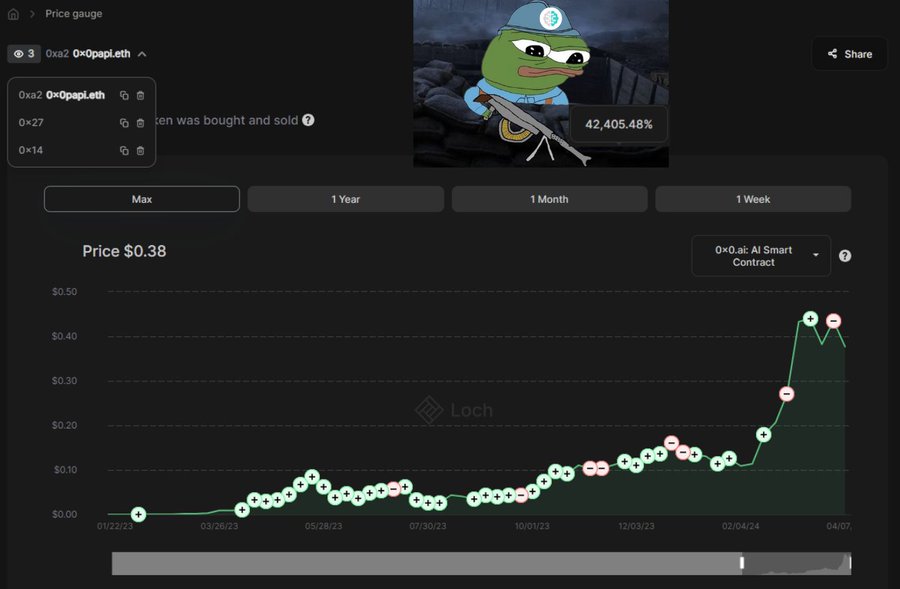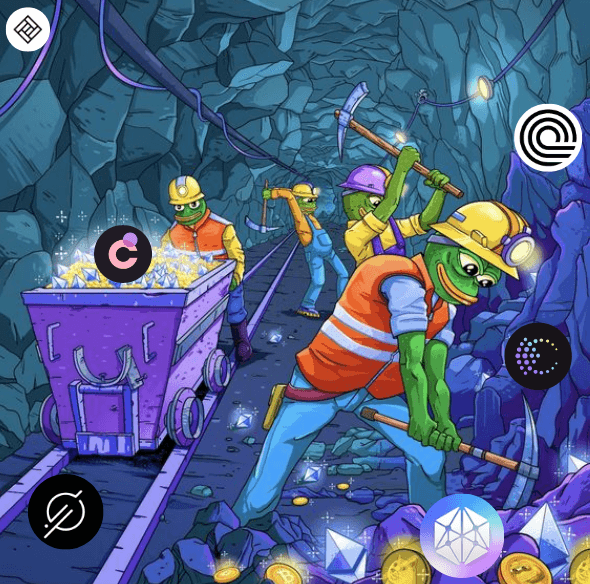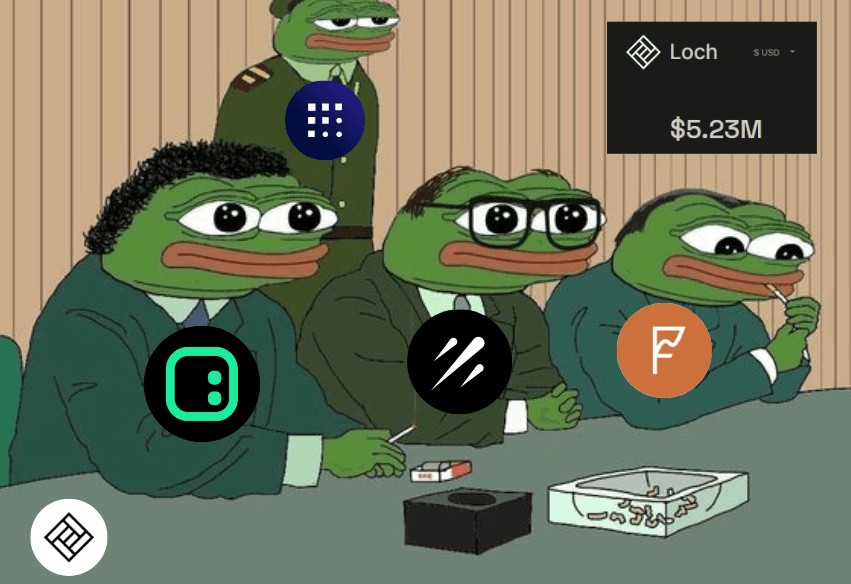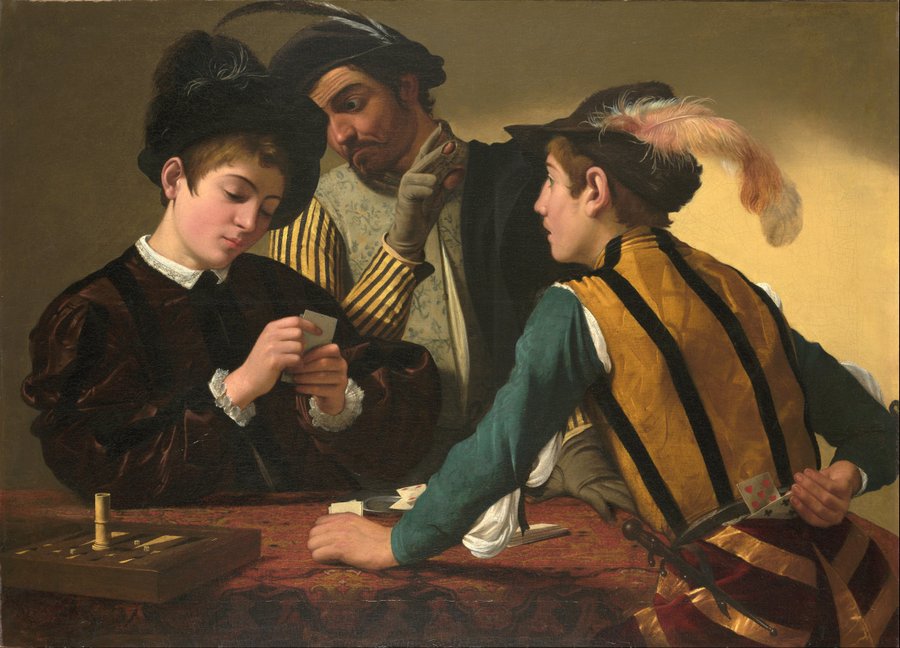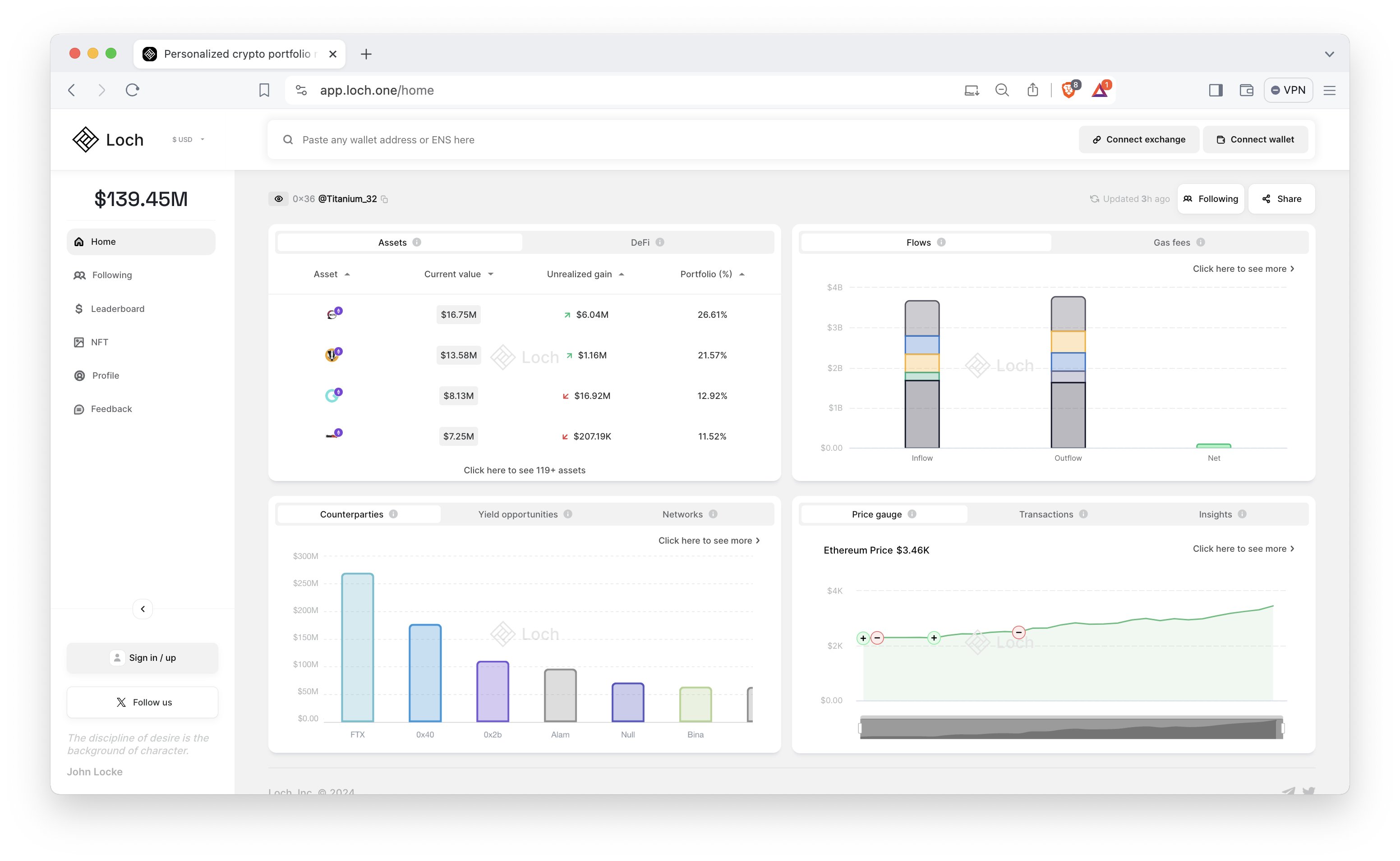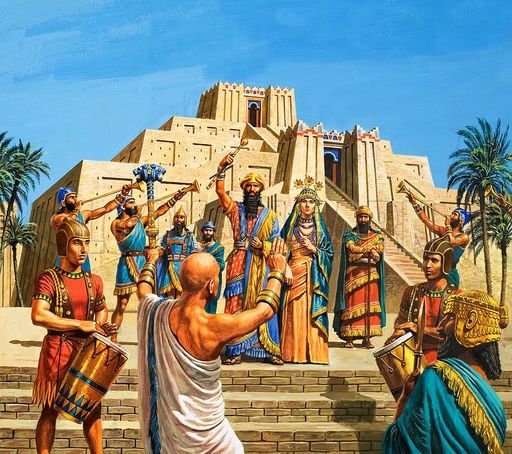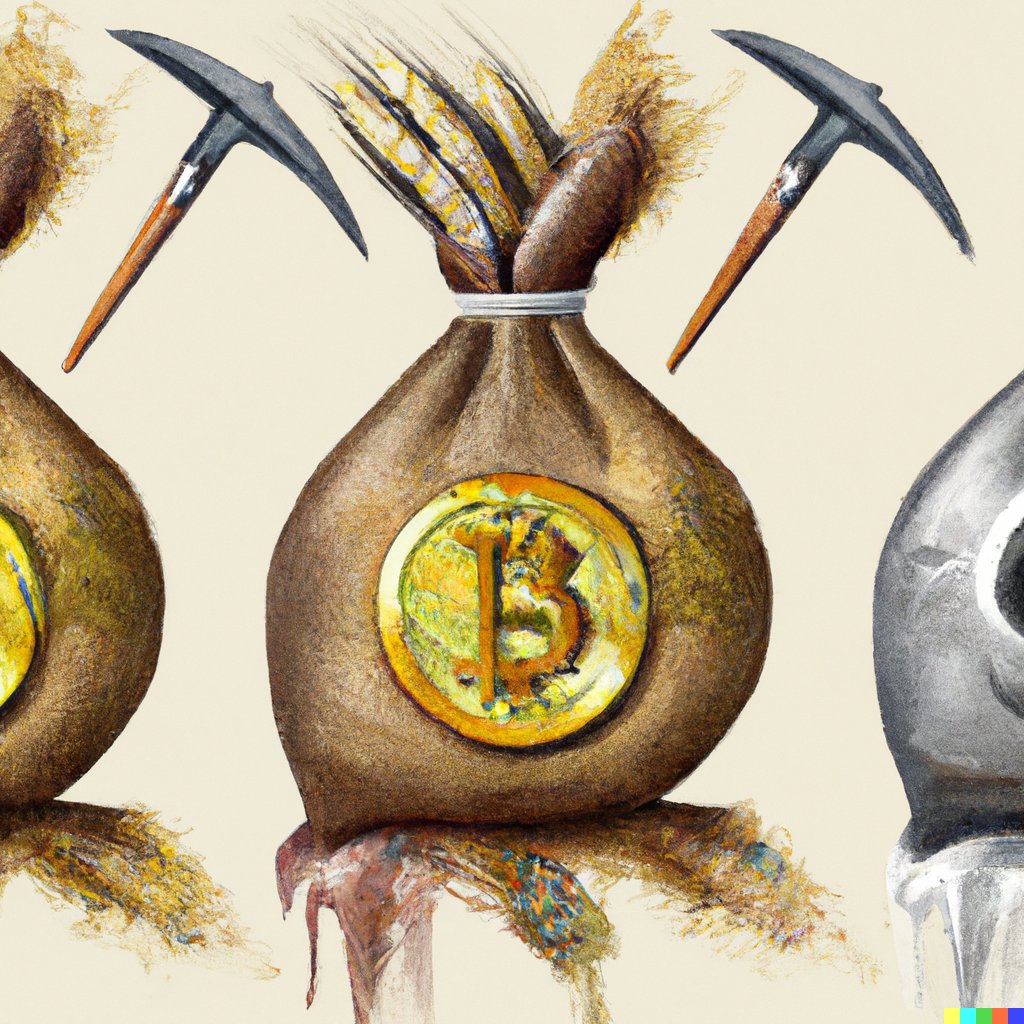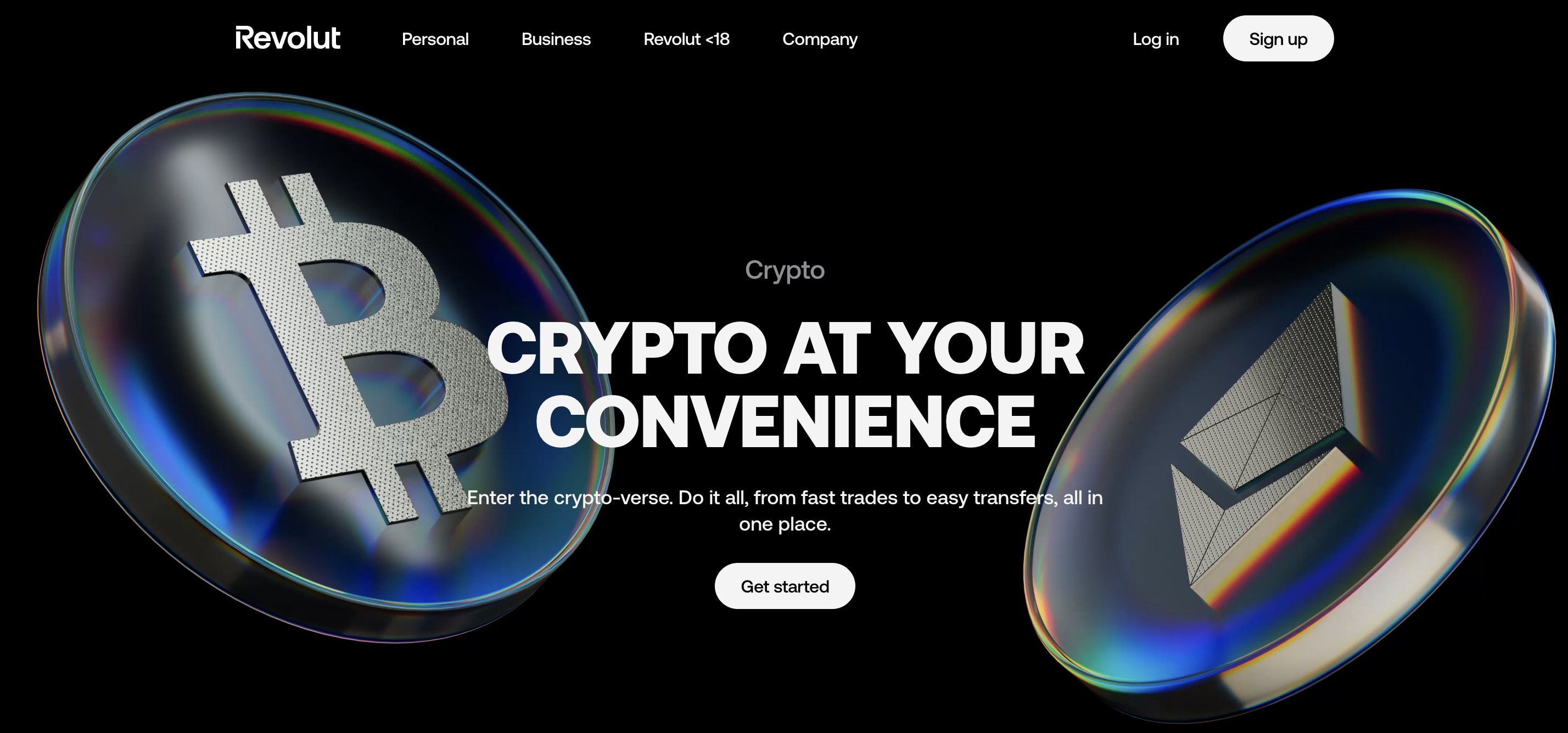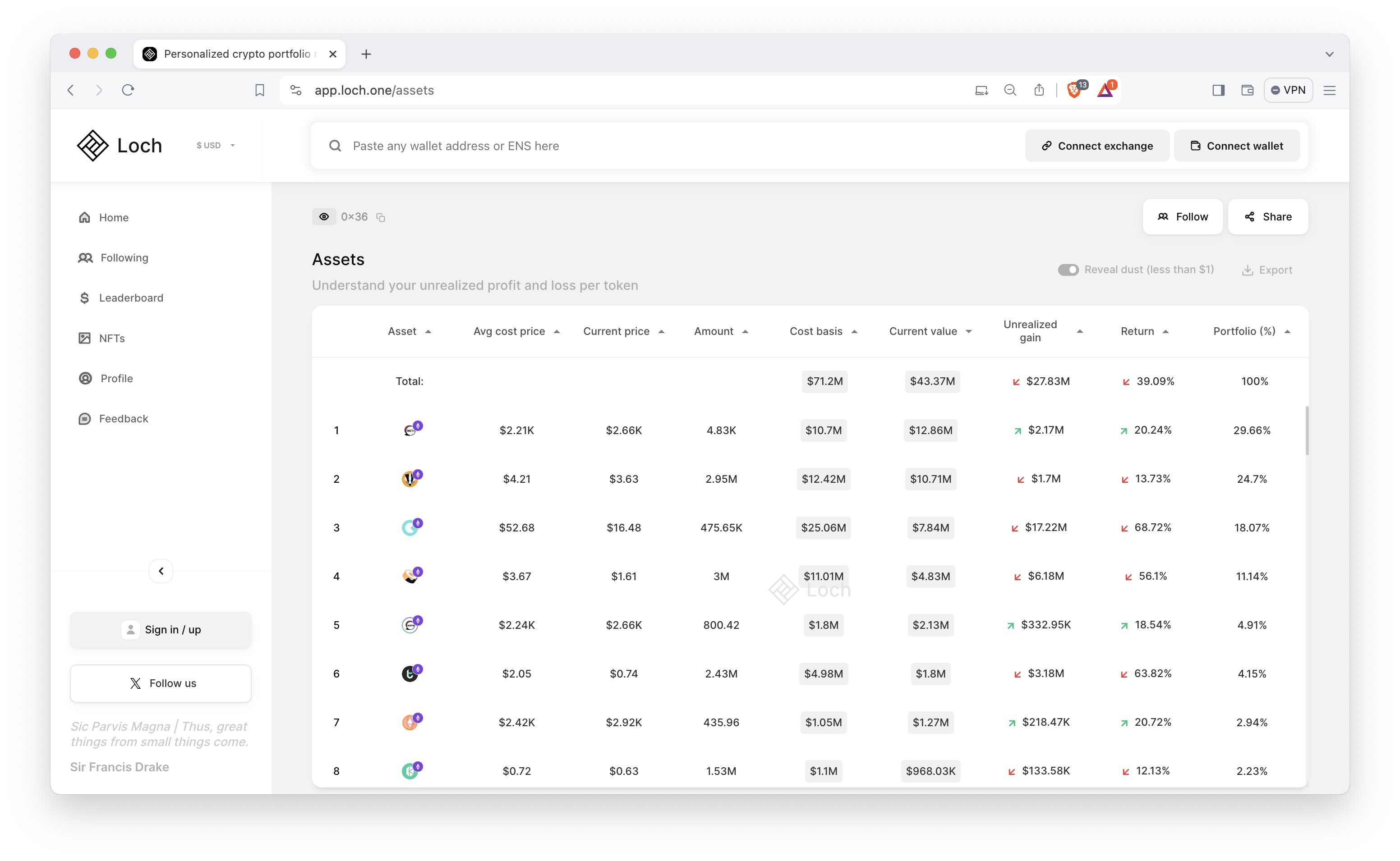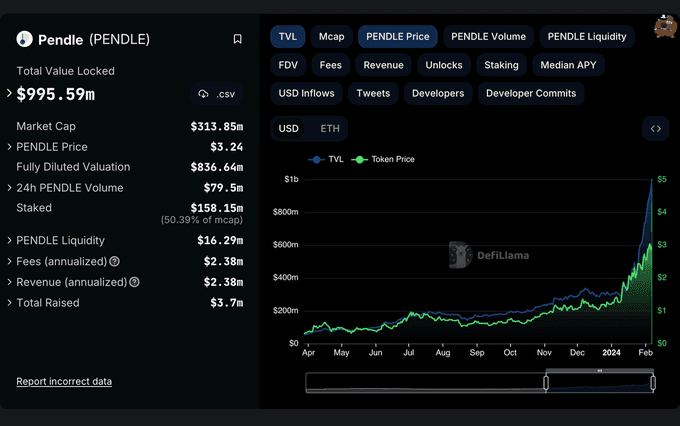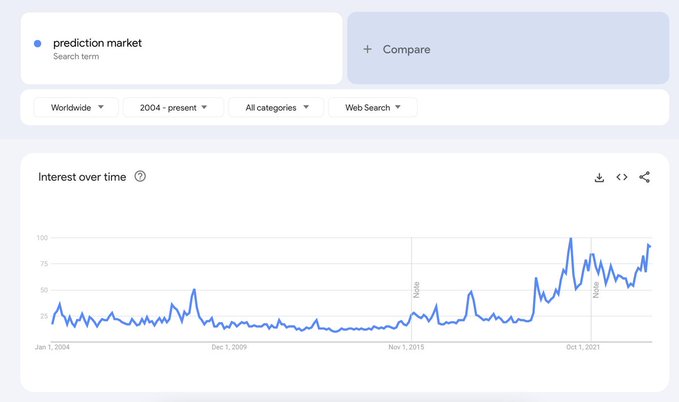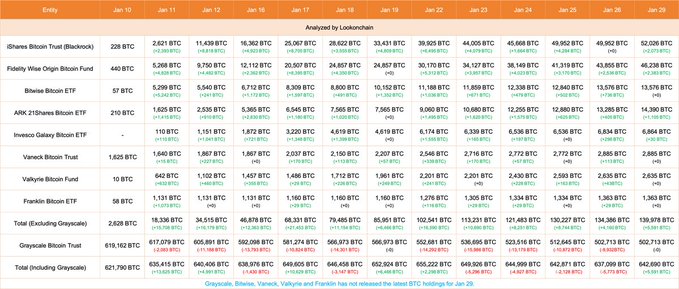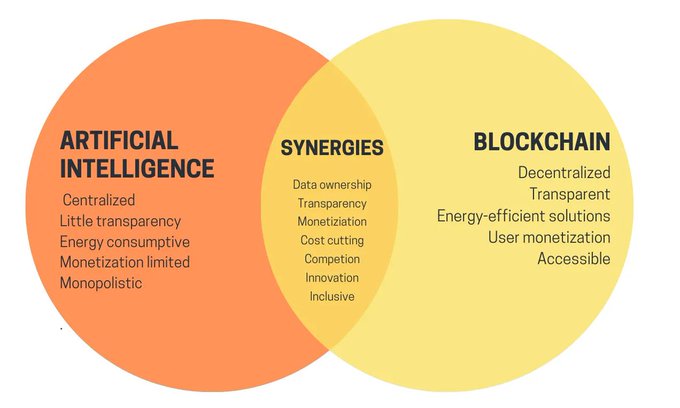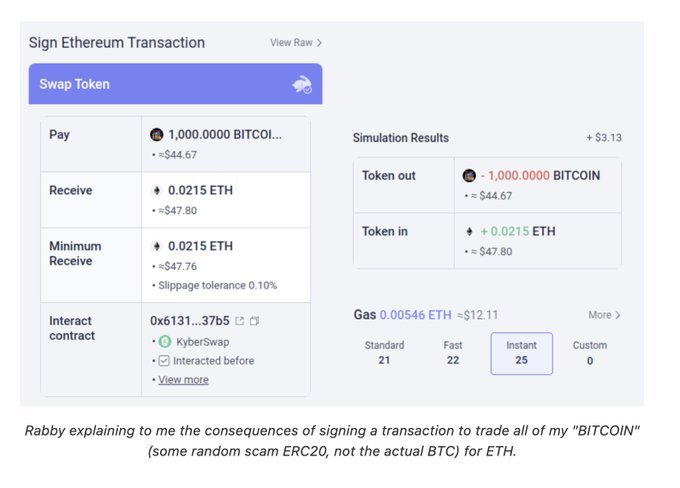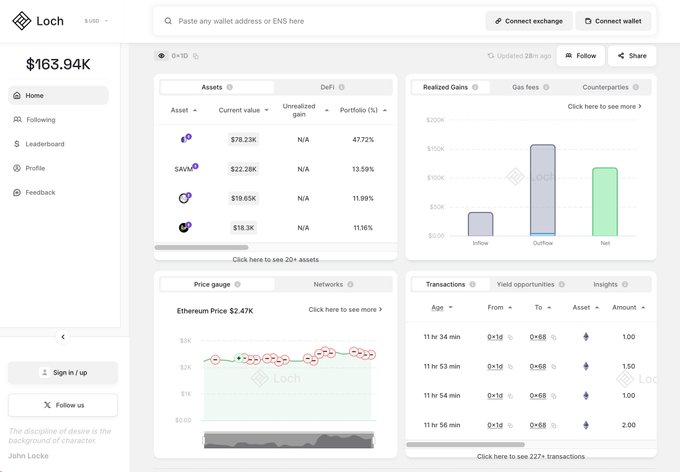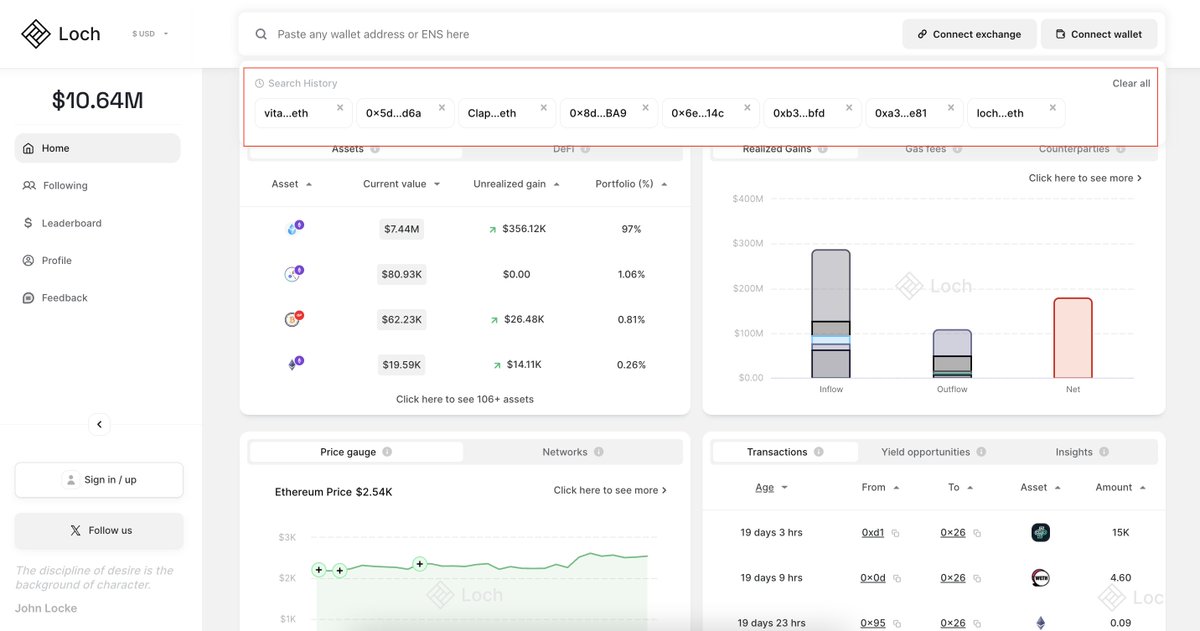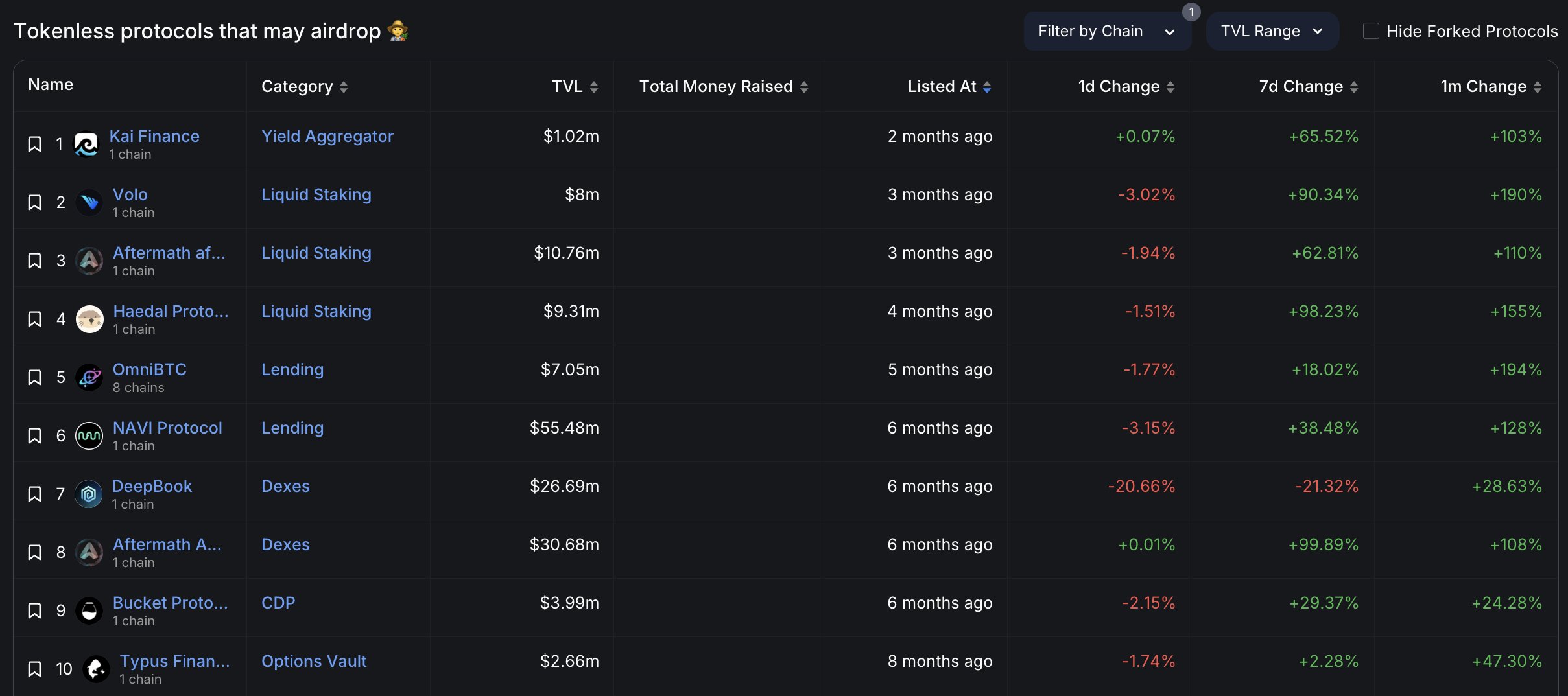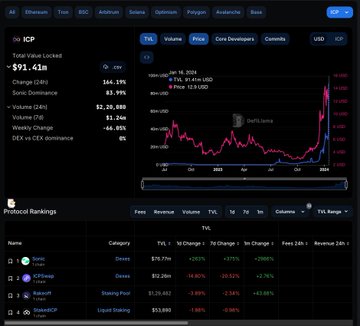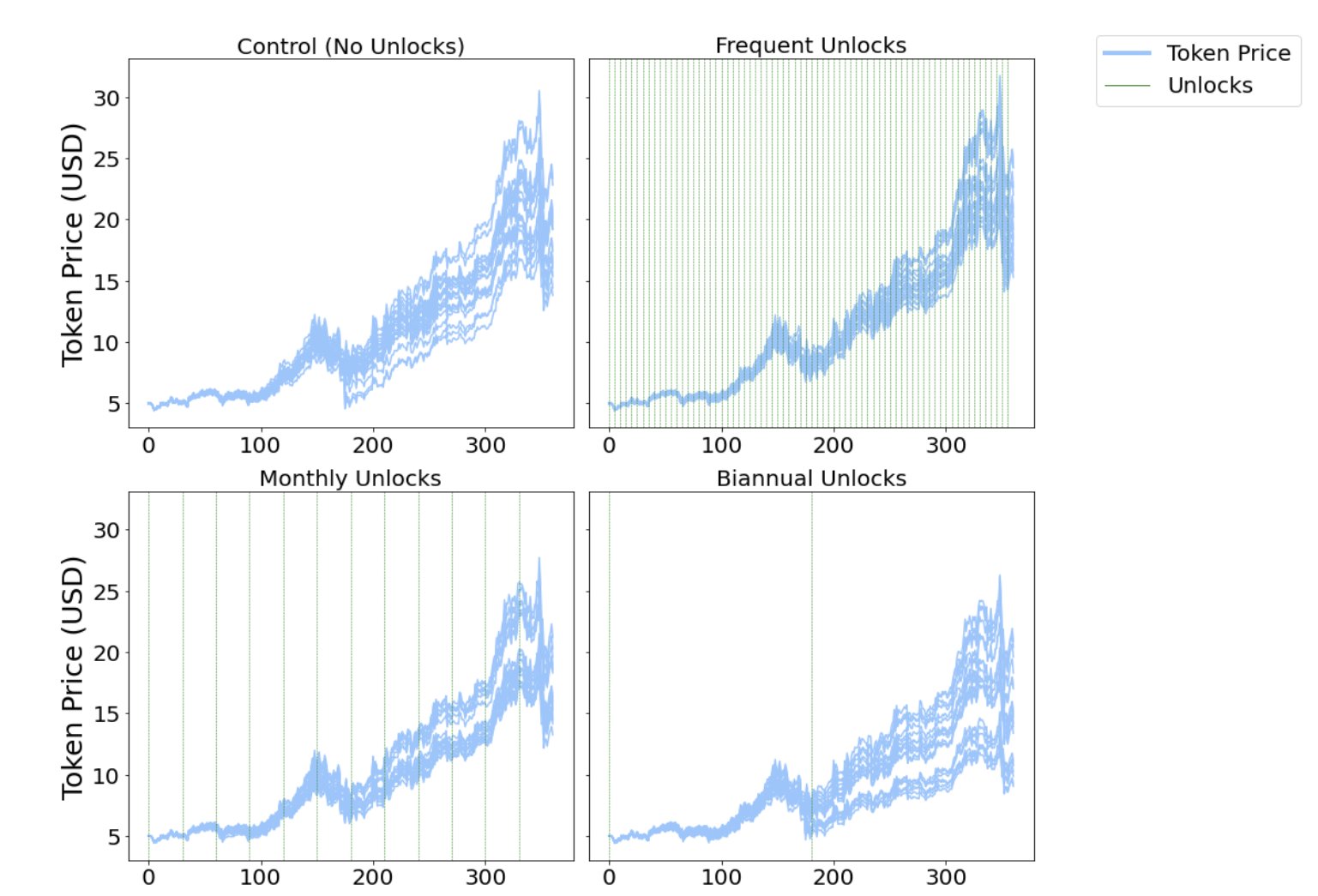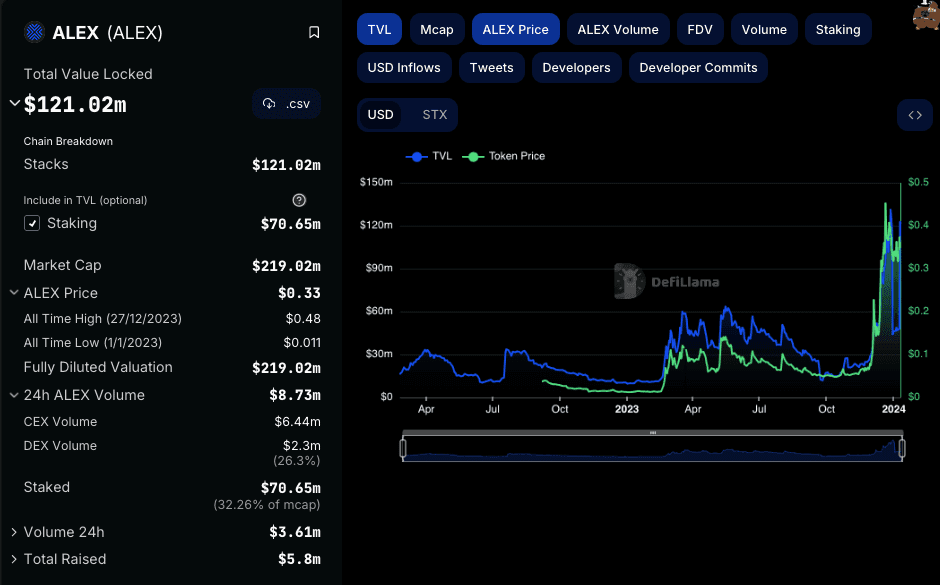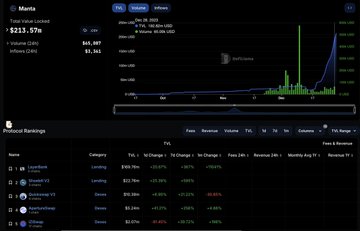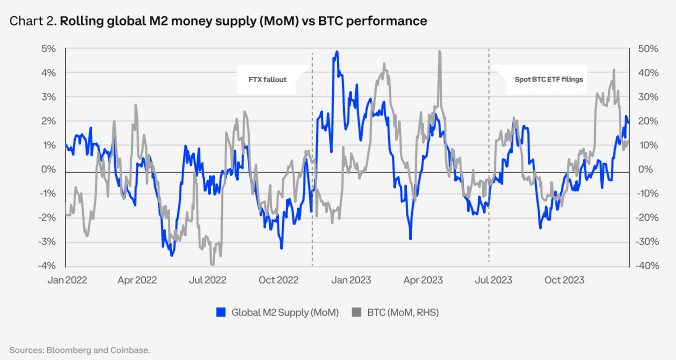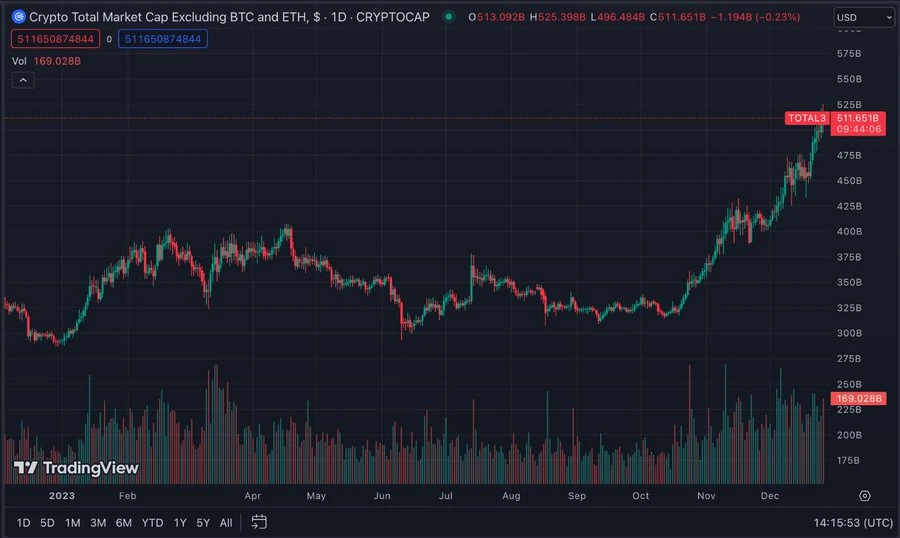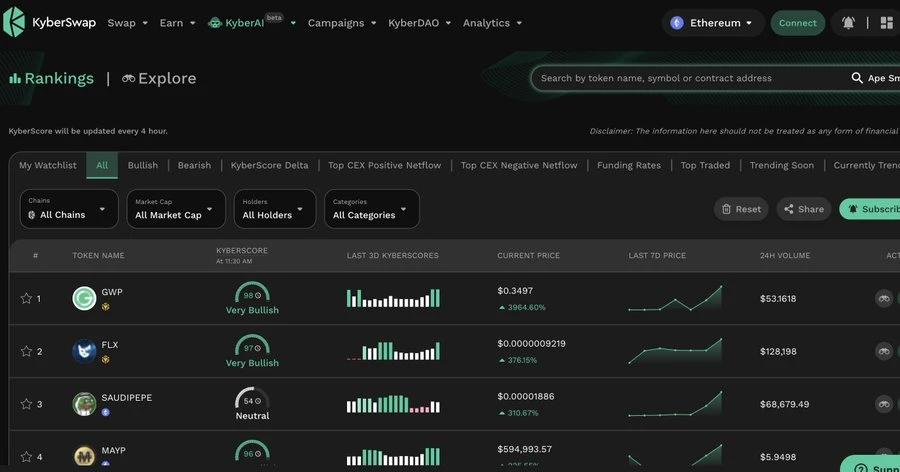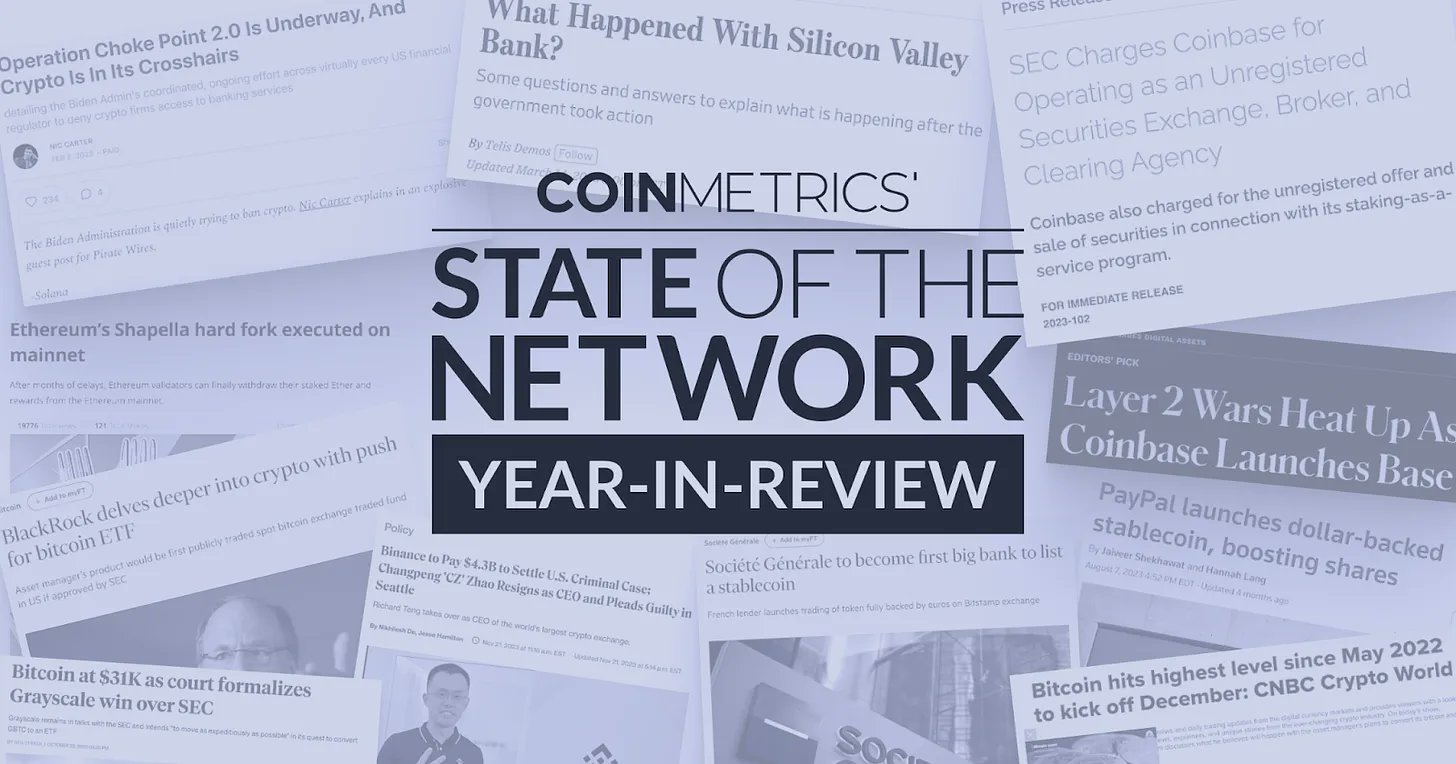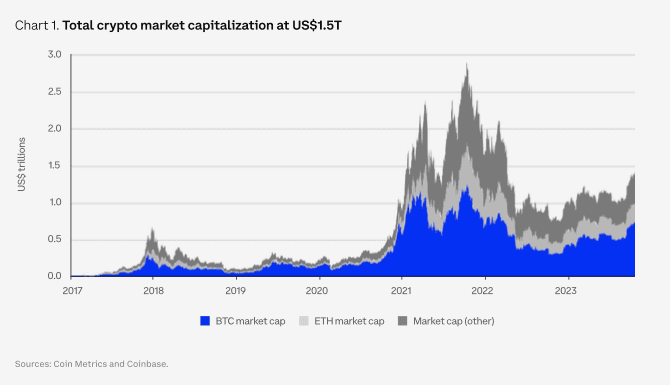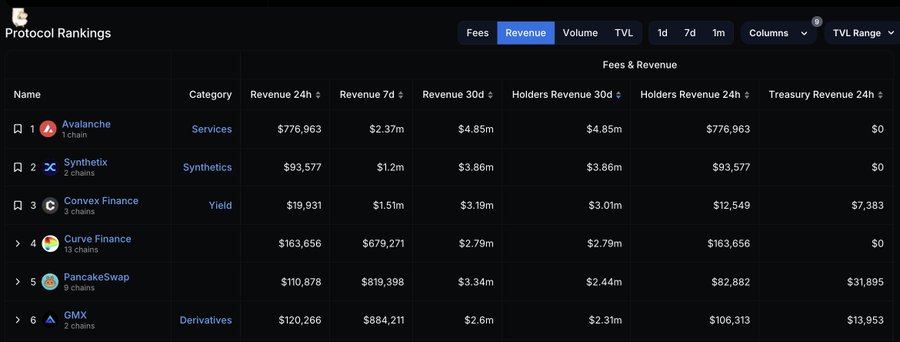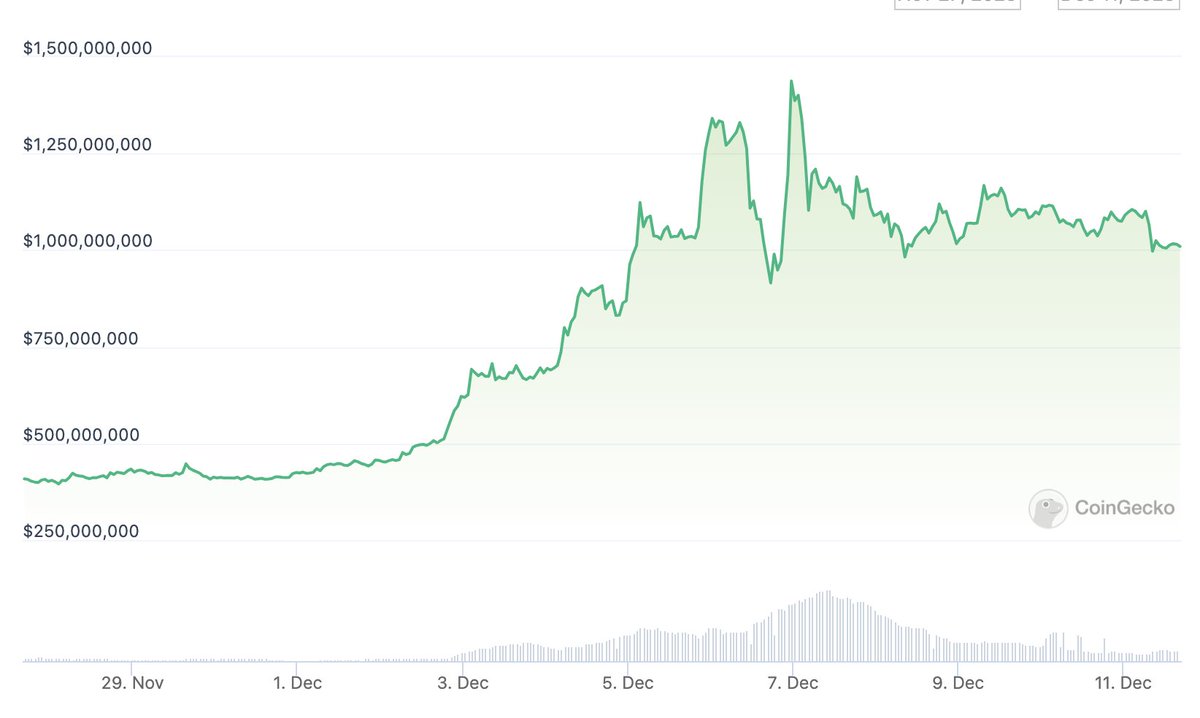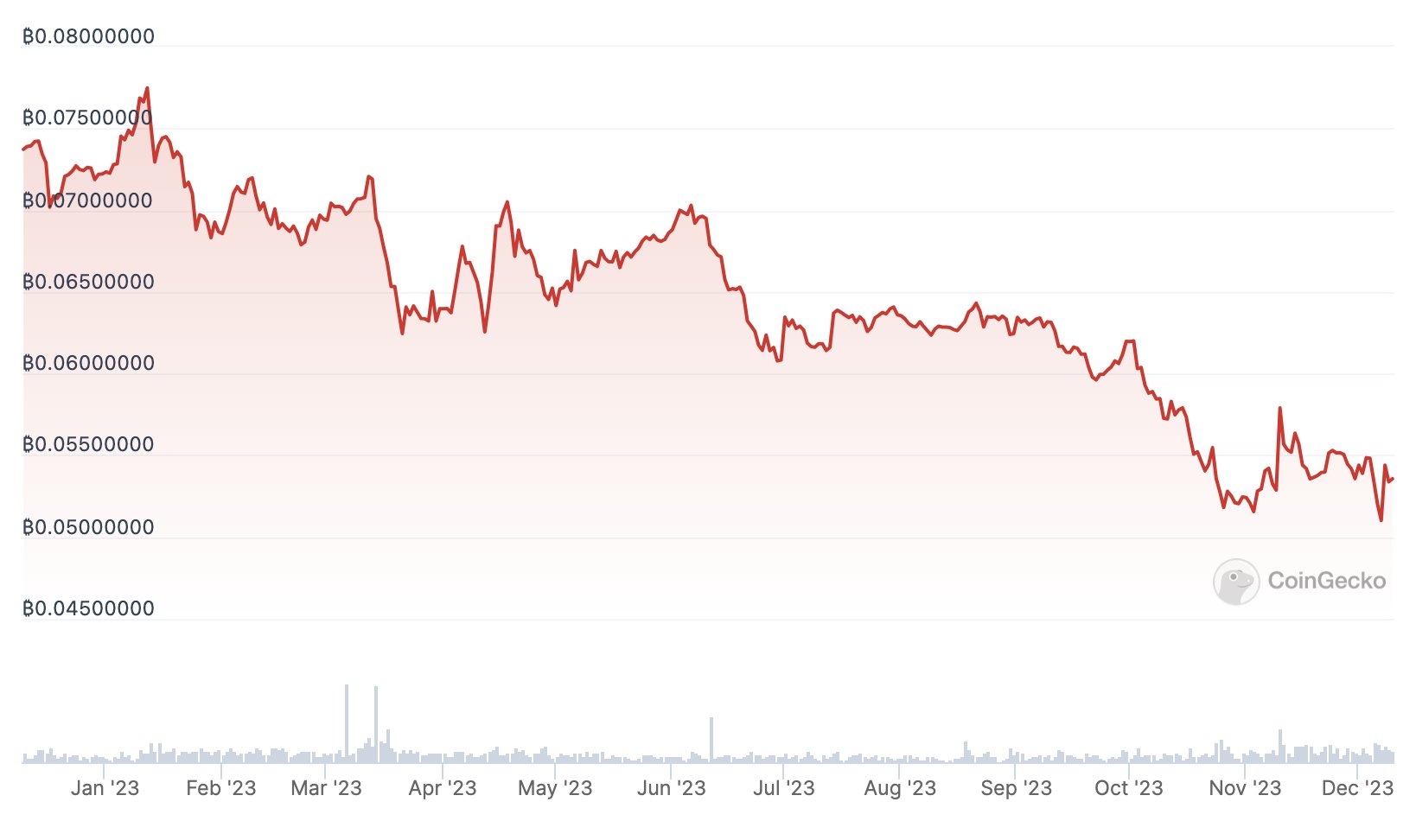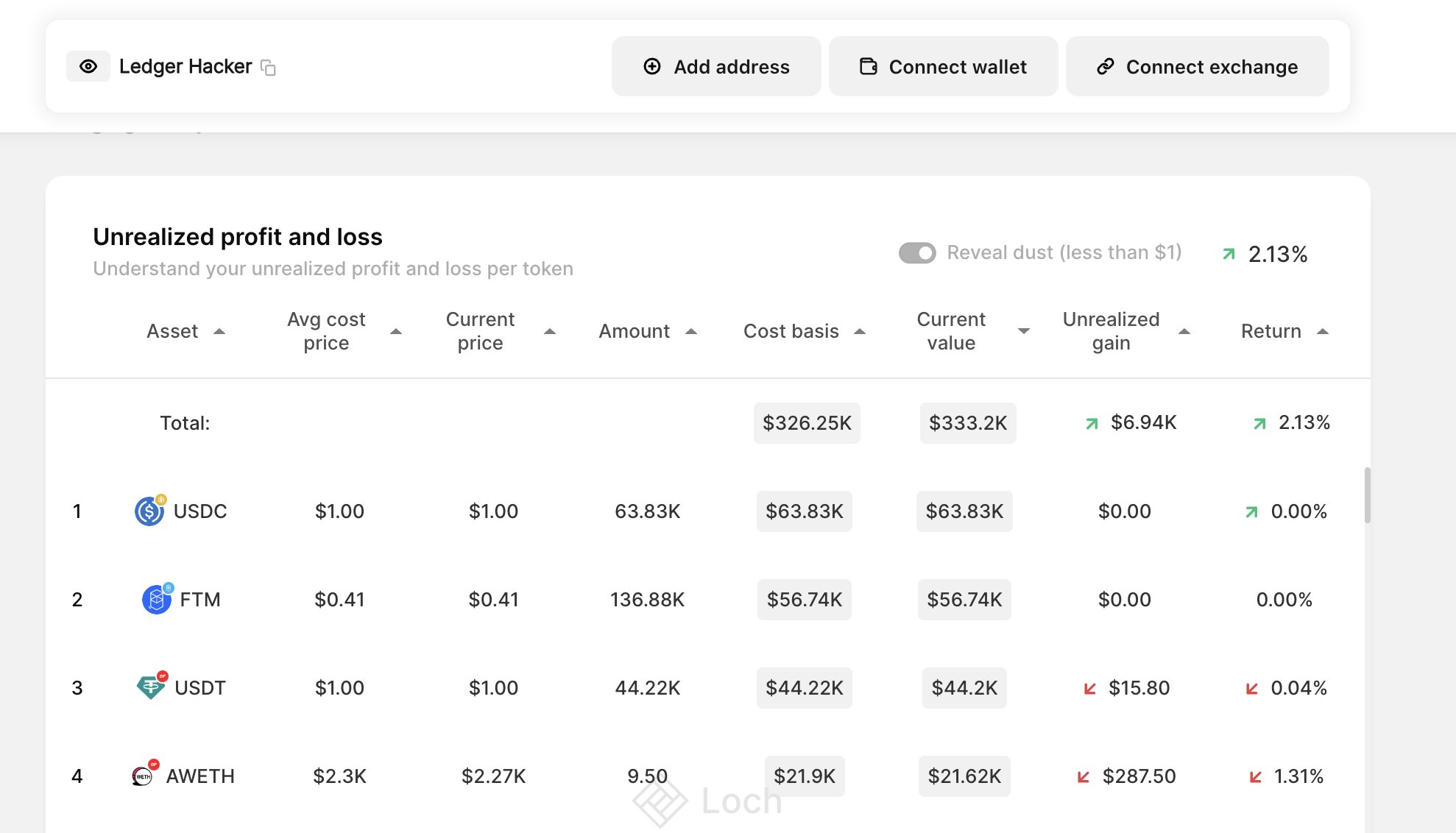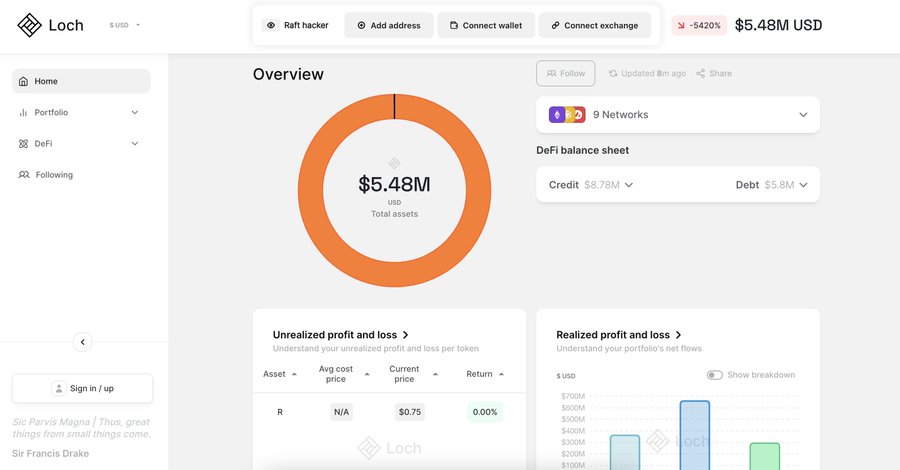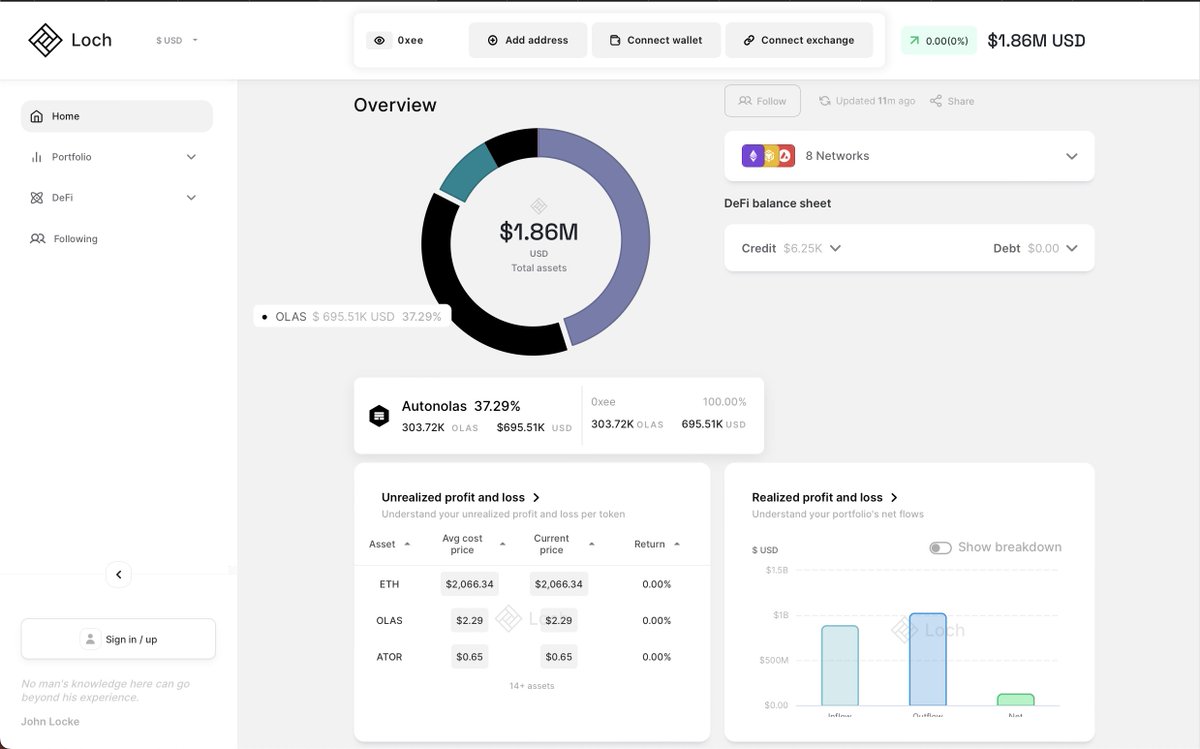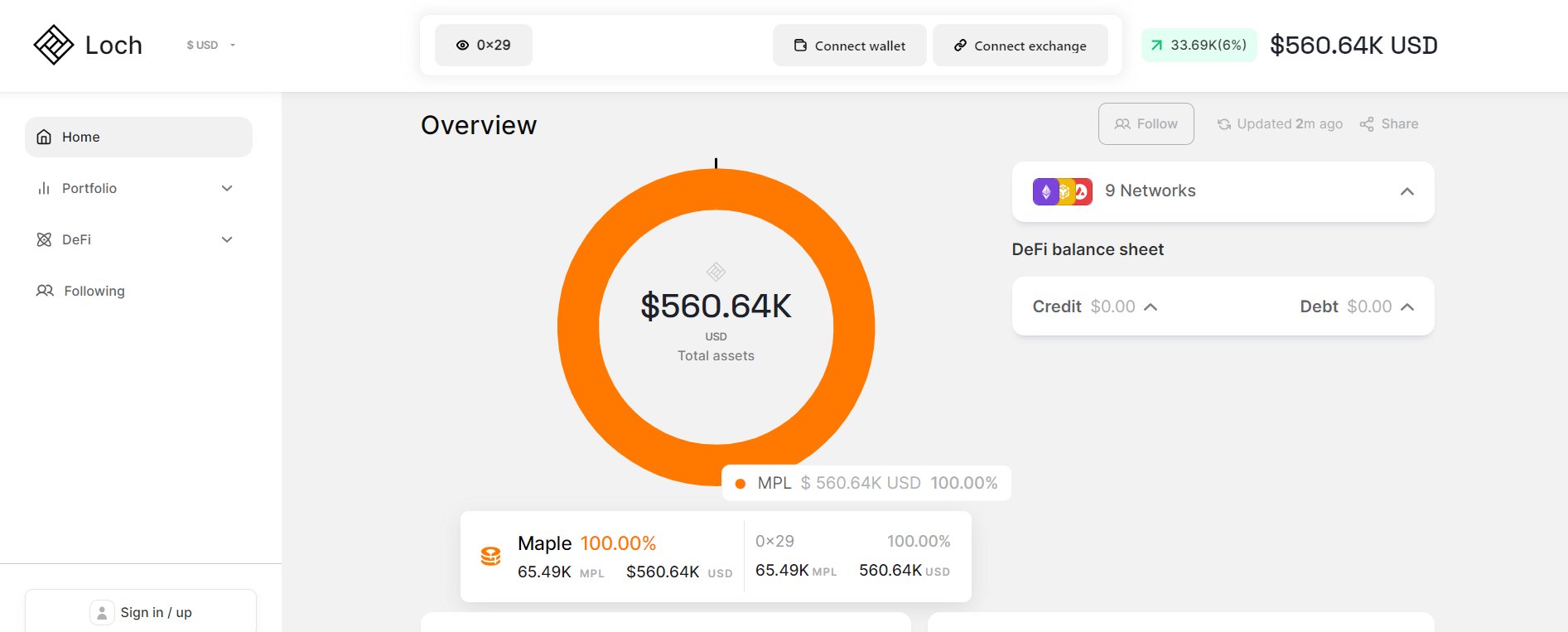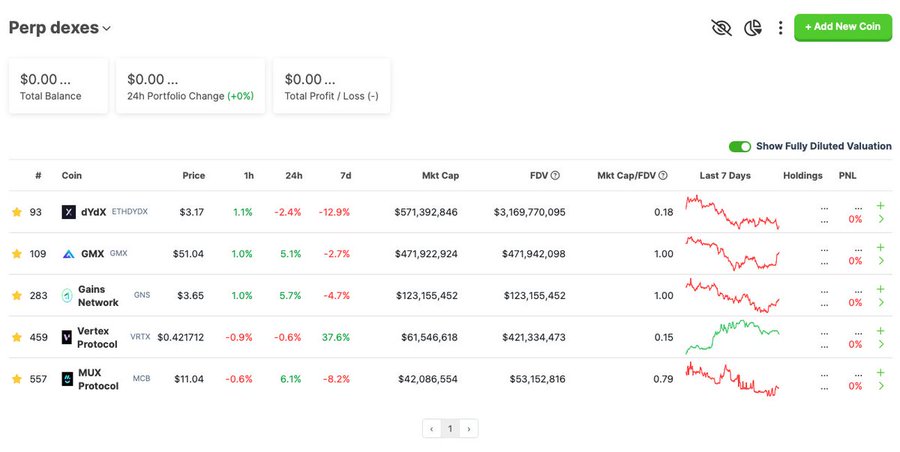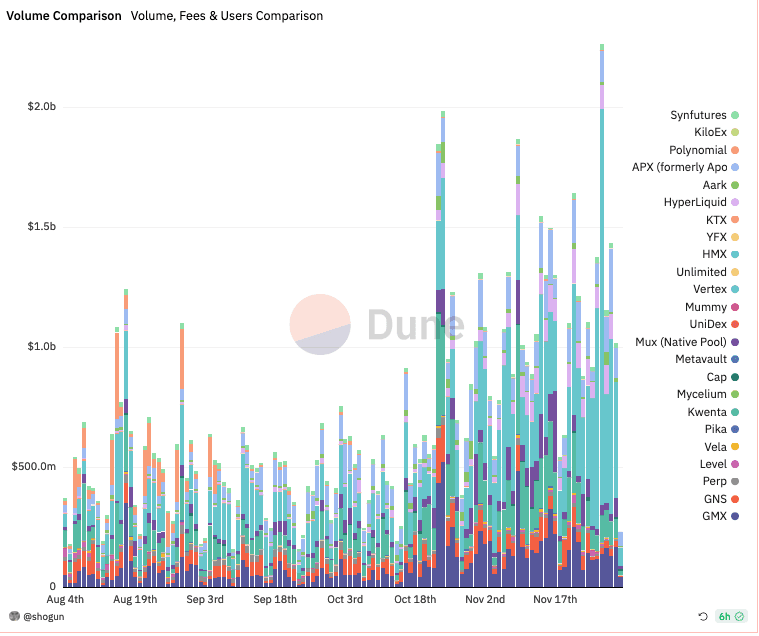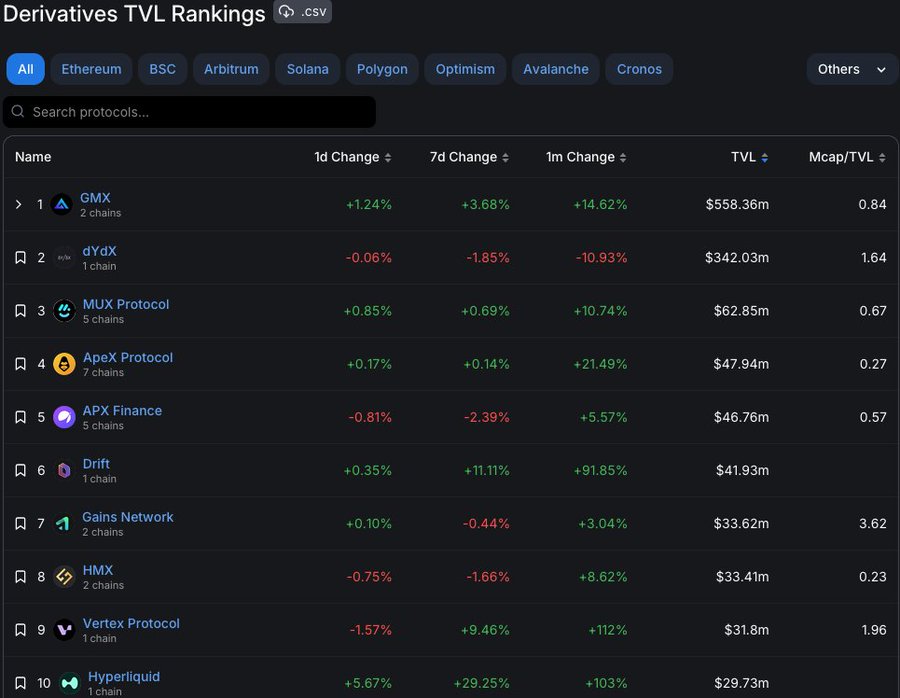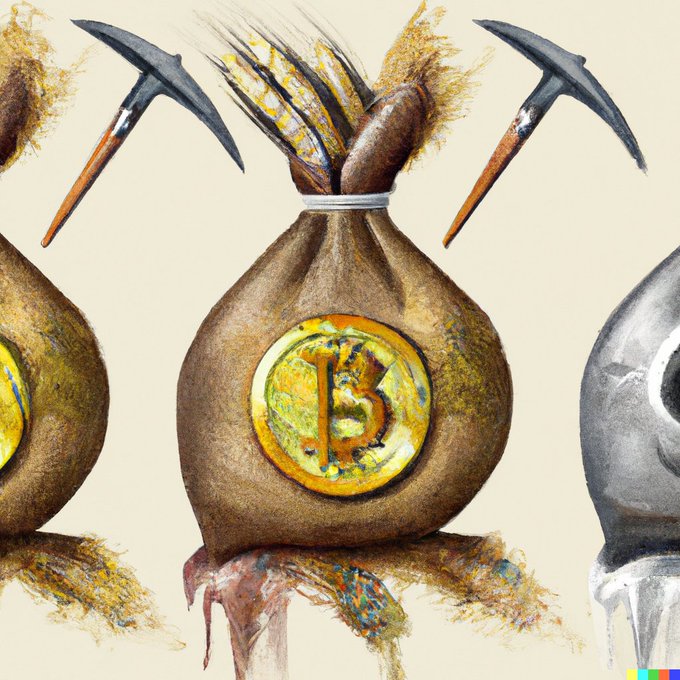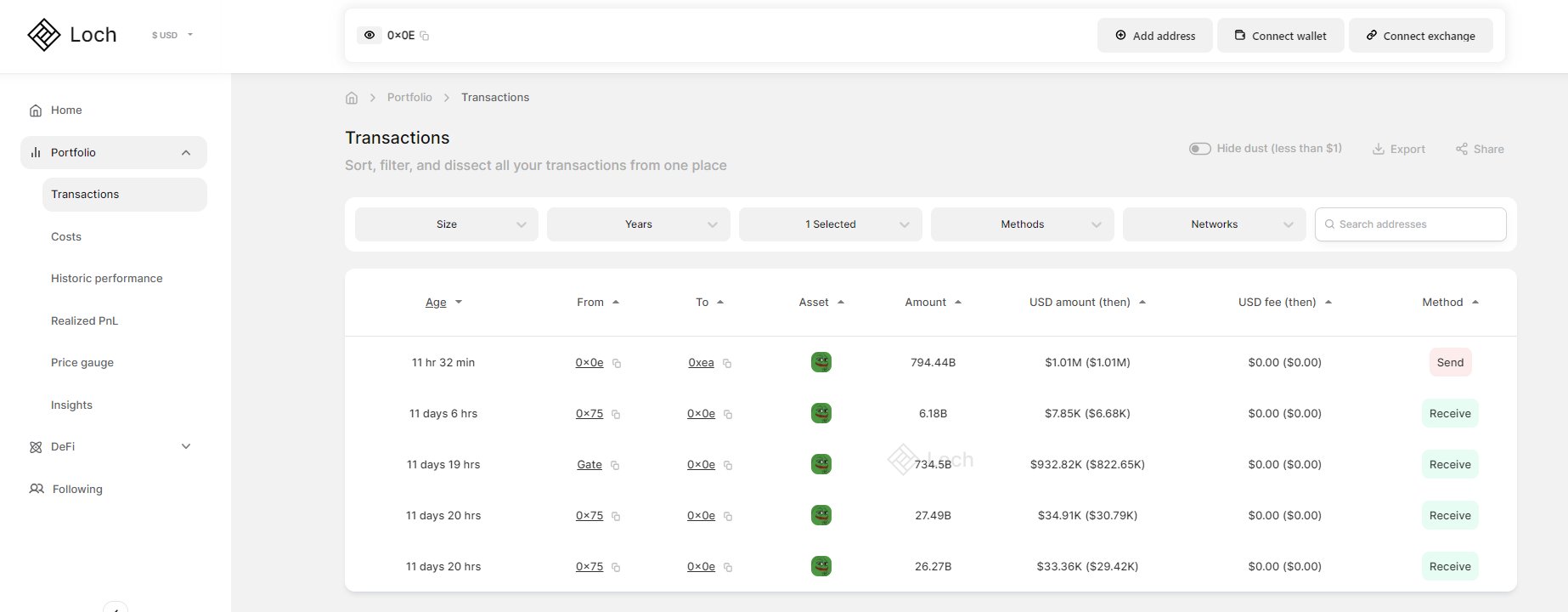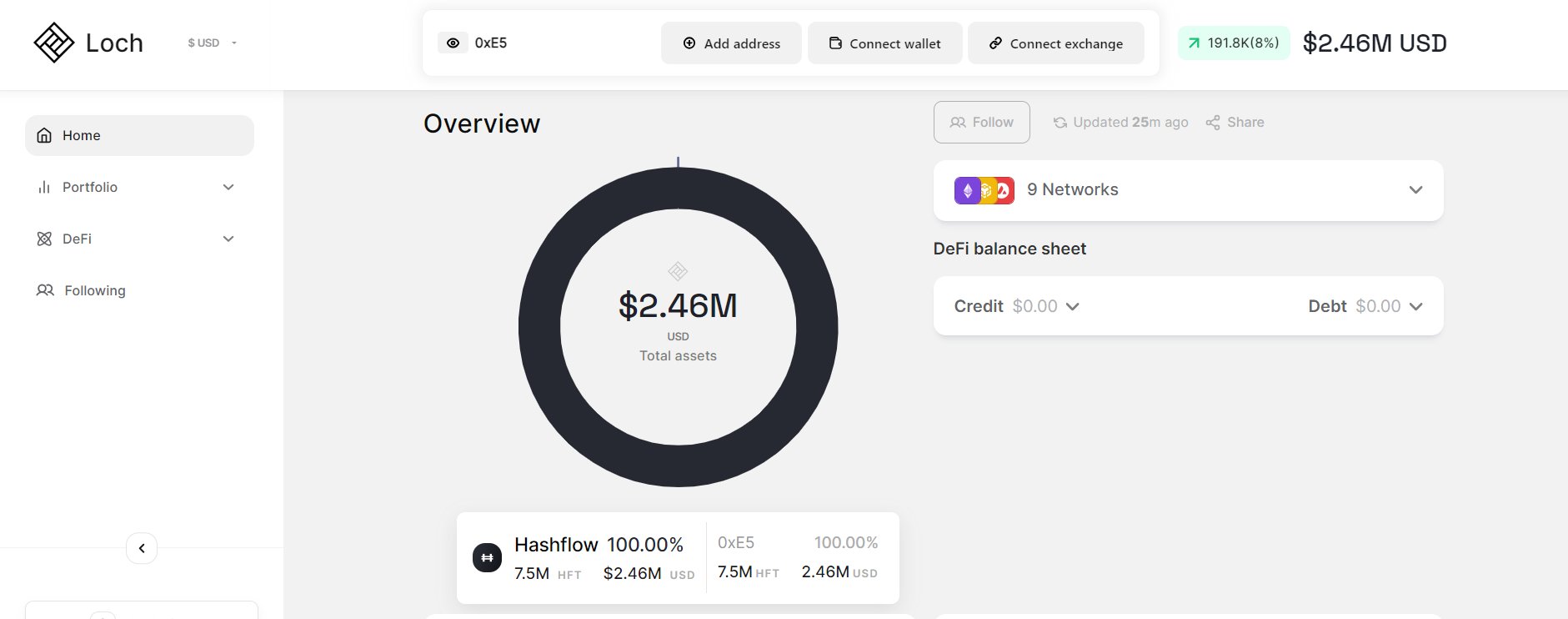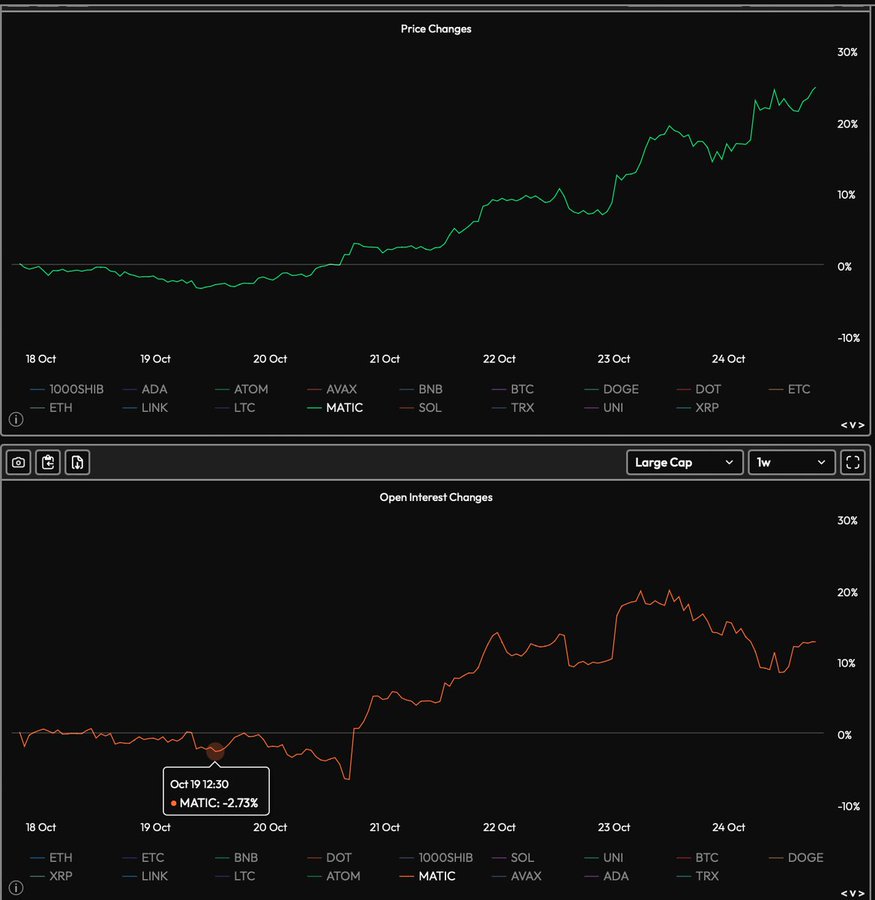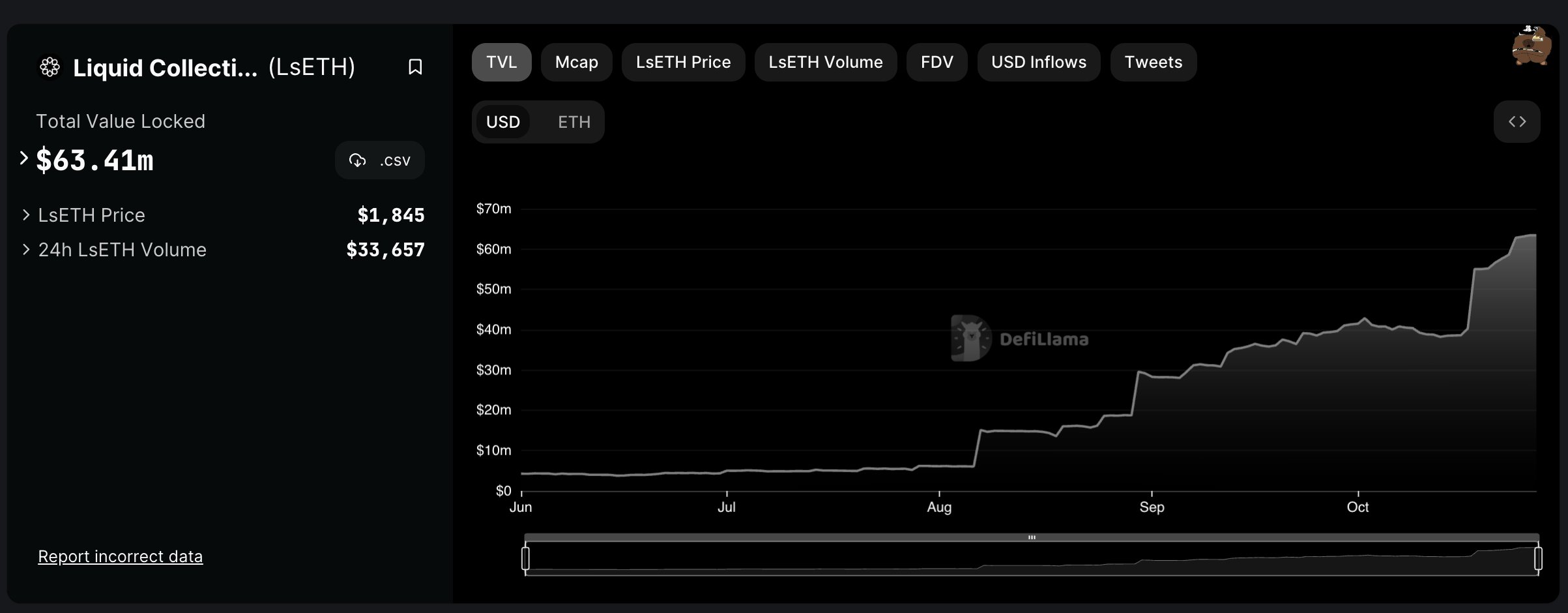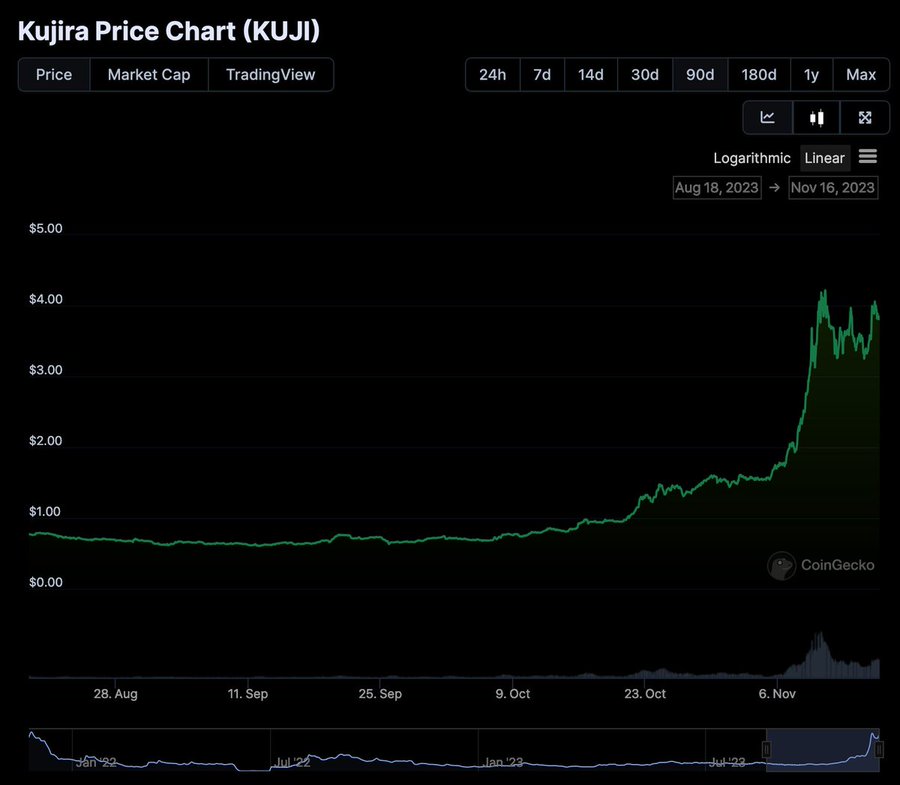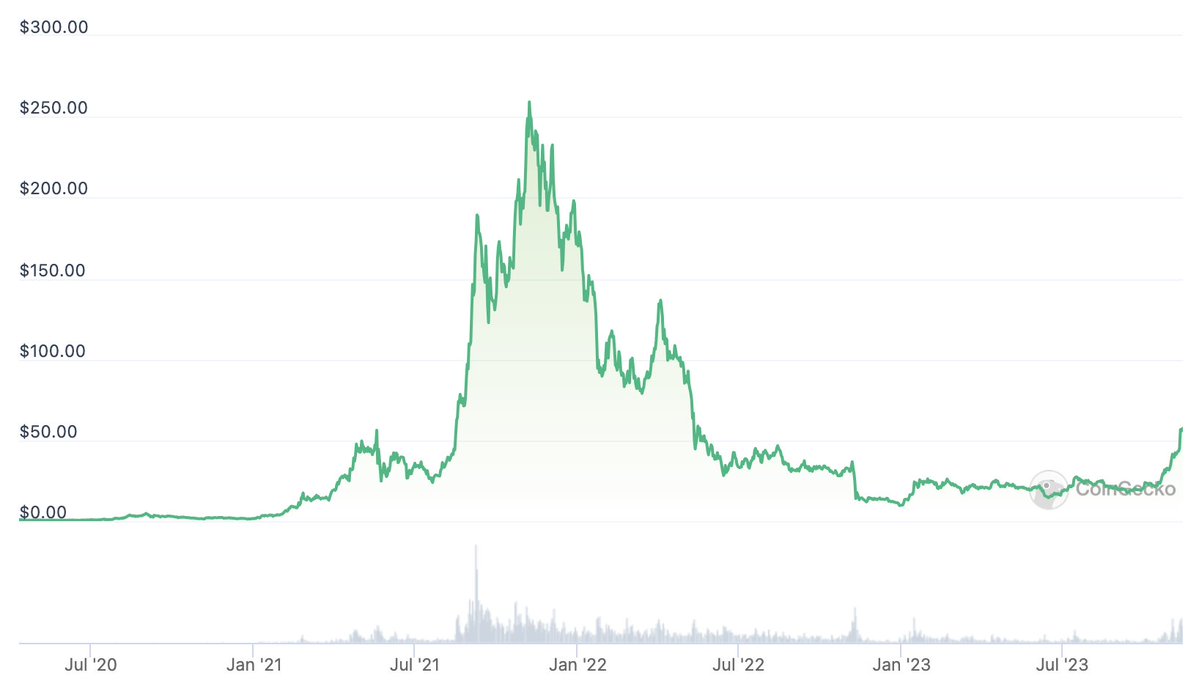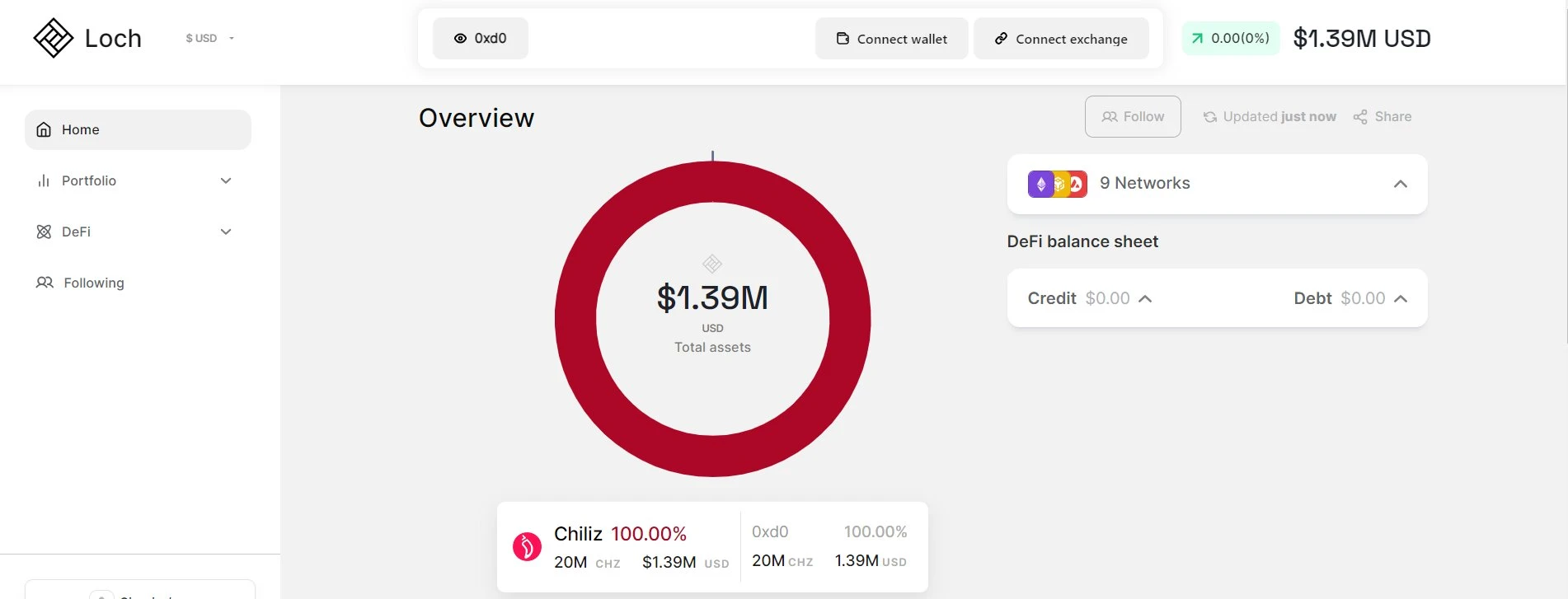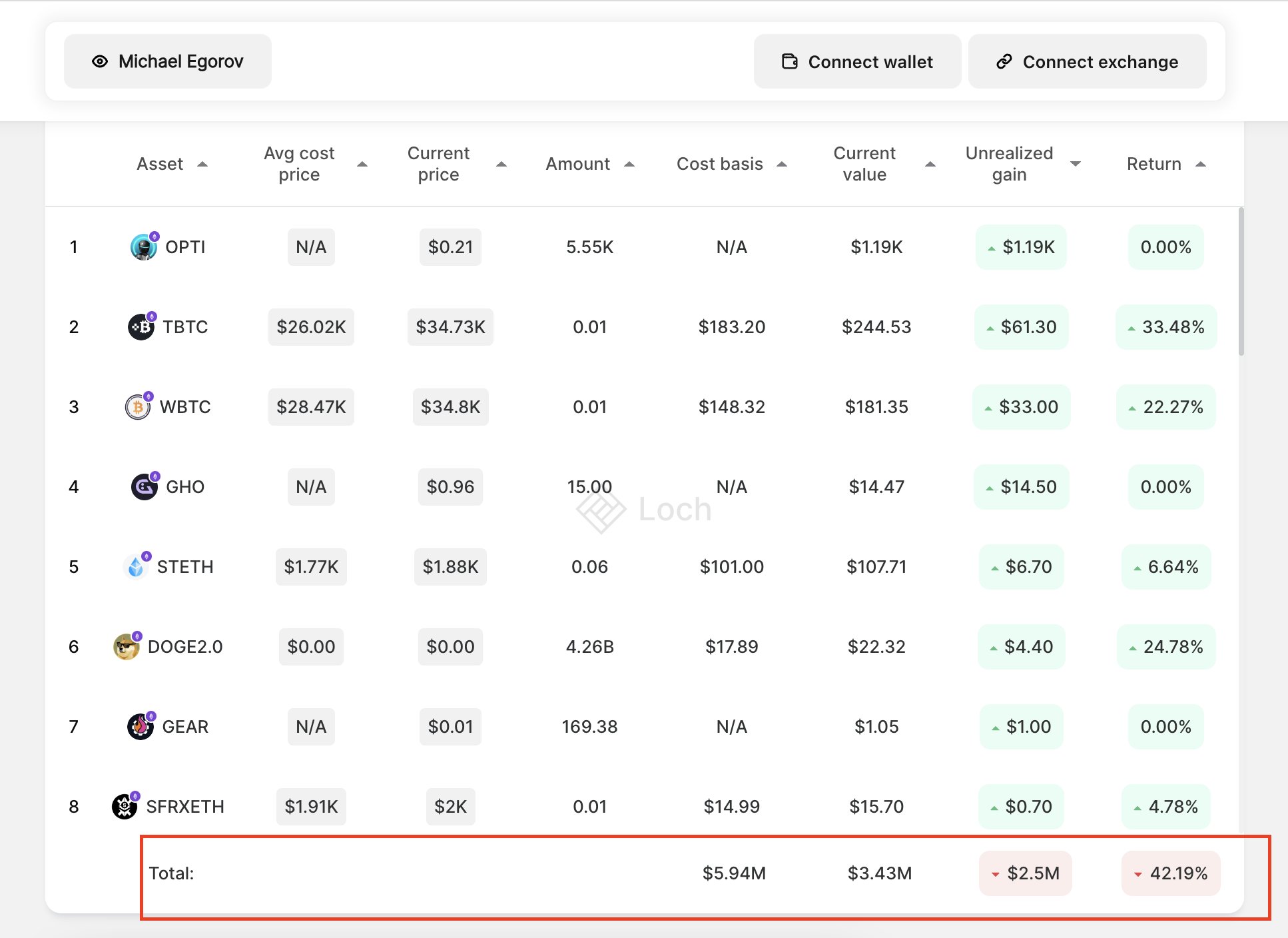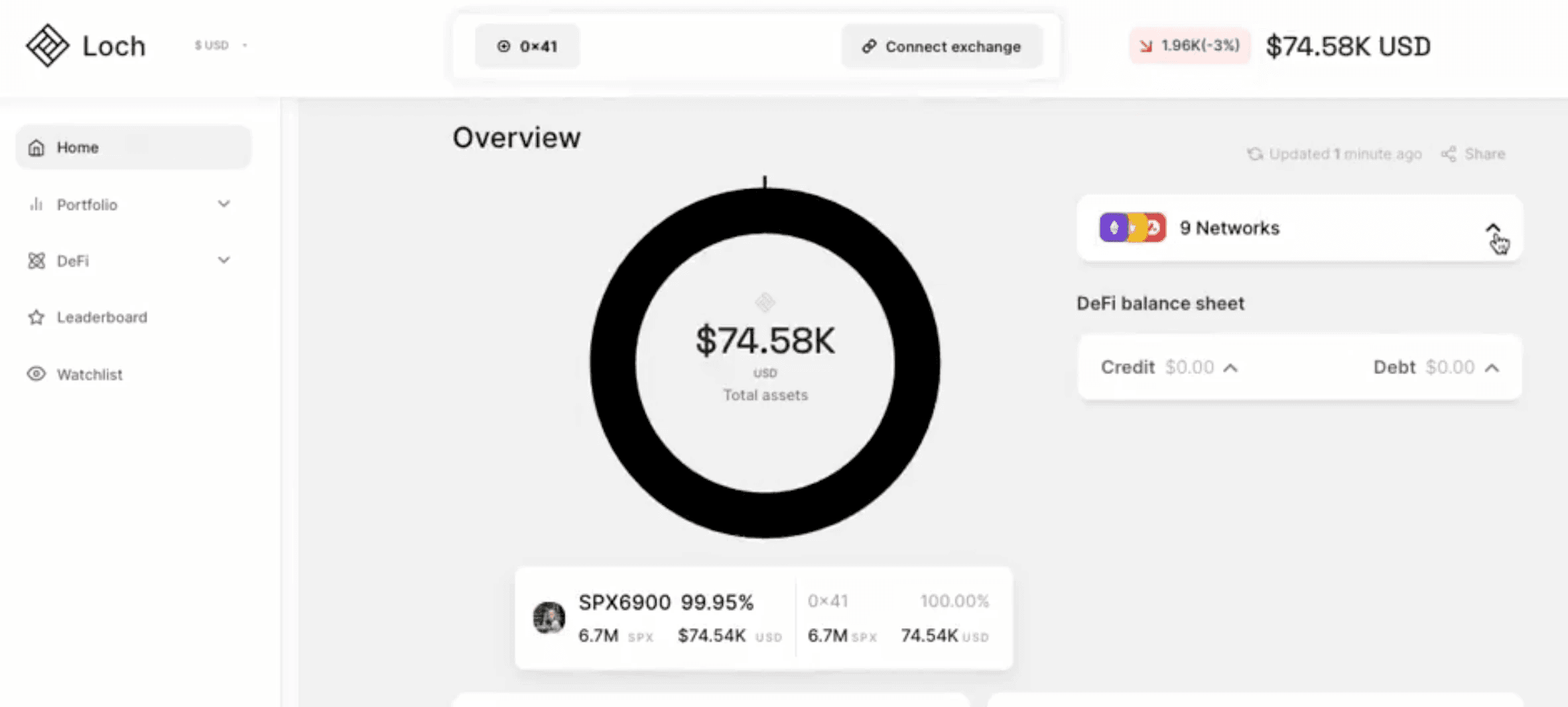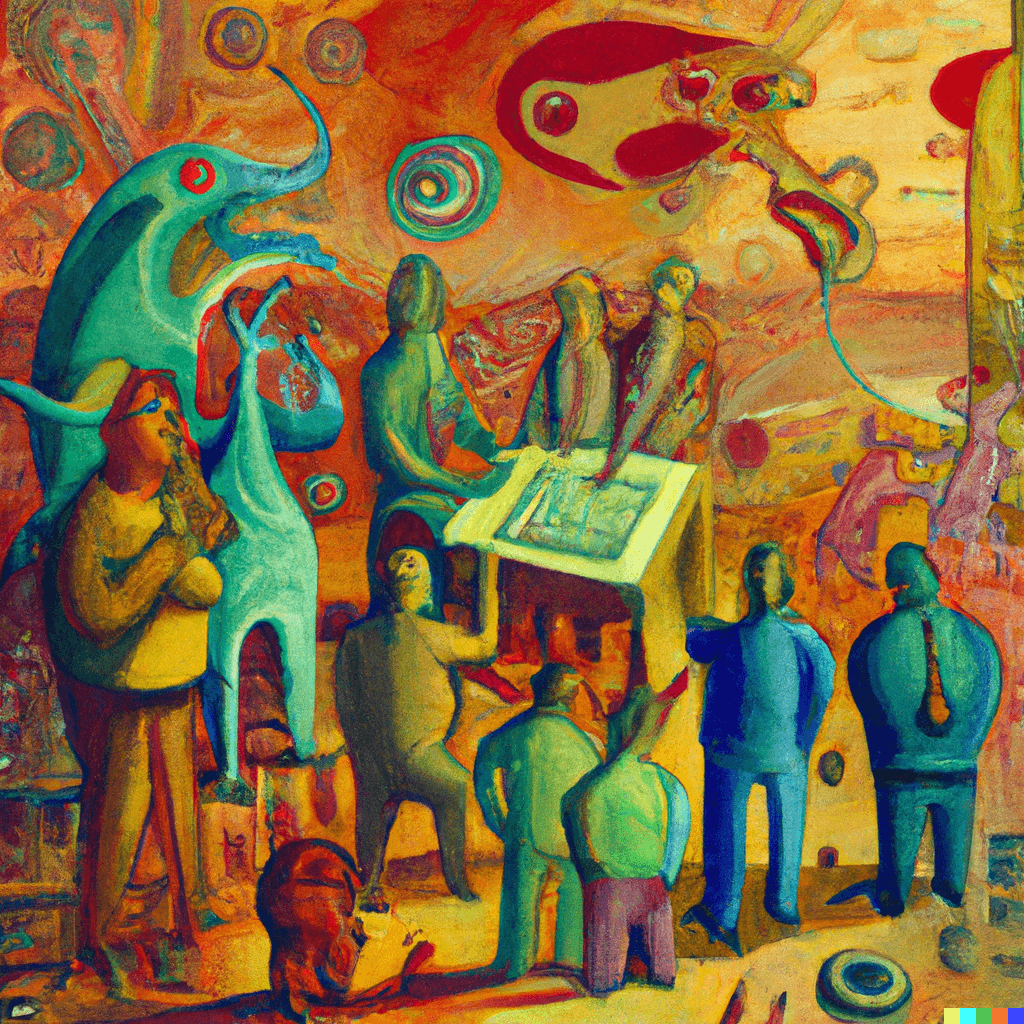Uniswap and Fei Protocol
The Uniswap Foundation is a newly proposed organization that aims to allocate a portion of Uniswap's treasury, currently valued at around $2 billion, towards grants for researchers, builders, and other professionals in order to help grow and plan for the future of the protocol. The proposal, which was supported by a majority of the community during voting, includes $74 million in funding: $14 million for operating expenses over the next three years and $60 million for the grants program.
However, there has been some debate and concern among community members regarding the allocation of treasury funds, with some arguing that it is a misuse of funds and others feeling that the amount being allocated is relatively small compared to other protocols. There are also concerns about the $10 million operating budget, with some feeling that it is too high and that it simply represents a way for Uniswap's major token holders to pay themselves. Additionally, there are concerns about the potential price impact of the sale of $20 million worth of UNI tokens on the market, which were requested as part of the proposal.
Another topic of discussion is the recent decision by Tribe Dao, a merger of the Fei Protocol and Rari Protocol, to unwind its assets and pay back token holders. This decision was made in response to an $80 million hack that occurred on Rari's Fuse pools. The unwinding process includes the consolidation of assets, swapping of assets to stable coins, and the repayment and distribution of funds, including LUSD, ETH, and stEth. However, the decision by the DAO not to repay hack victims has led to tension and division within the community, with some arguing that the victims should have been aware of the risks associated with investing in DeFi and that they were never promised compensation in the event of a hack.
This situation has also raised questions about the future of DAO governance and hierarchy, including whether DAOs should focus on governance minimization with an elected council and risk centralization, or whether all token holders should continue to participate at the risk of voter fatigue. It has also highlighted the issue of dealing with bad debt in a decentralized manner, as every debt unwinding has winners and losers, and raises the question of whether there is a way for hack victims to be aligned with TRIBE holders in the future.
Maker DAO
MakerDAO is a decentralized finance (DeFi) protocol that allows users to collateralize assets, such as ETH and other supported assets, in order to mint stablecoins called DAI. These borrowed DAI need to be paid back with interest in order to receive the collateral back. If a user's collateral falls below a certain liquidation price, it is forfeited and auctioned off to other users of the protocol who pay in DAI. The auction proceeds are then used to pay back the loan amount, with any remaining collateral returned to the user.
In April 2021, MakerDAO approved the use of real-world assets (RWA) as collateral to mint DAI. These RWA include tokenized real estate, invoices, and receivables. Tokenizing off-chain assets can be challenging as they need to be priced using specialized oracles. MakerDAO was the first protocol to allow the use of RWA as collateral. The RWA currently supported by MakerDAO include 6s Capital, New Silver, ConsolFreight, Harbor Trade Credit, Fortunafi, and Huntingdon Valley Bank. These RWA make up 2% of total assets but contribute 10% of MakerDAO's revenue.
The use of RWA as collateral has brought up concerns about centralization and regulation within the DeFi space. Stablecoins like USDC and USDT, which make up 50% of collateral on MakerDAO, have been criticized for their centralization and regulatory risk. In response to these concerns, the co-founder of MakerDAO, Rune Christensen, proposed an "endgame plan" that aims to reduce the reliance on centralized collateral in favor of ETH and RWA. The plan consists of three strategies: Pigeon, Eagle, and Phoenix, which lie on a spectrum of RWA exposure. The Pigeon stance involves aggressively adding RWA assets to collateral, while the Eagle stance reduces RWA exposure to 25% of collateral in response to regulatory pressure. The Phoenix stance eliminates all vulnerable RWA exposure in the event of an authoritarian attack or the seizure of all RWA collateral.
Ultimately, the decision of which stance to take will come down to a trade-off between short-term regulatory risk and long-term decentralization. The MakerDAO community will need to consider whether they prioritize a decentralized, free-floating currency or a more centralized, pegged currency. This decision will be up to the MKR holders, who will need to weigh the pros and cons of each stance and determine which one aligns with their values and goals.
Sources:
vote.makerdao.com
https://messari.io
Uniswap and Fei Protocol
The Uniswap Foundation is a newly proposed organization that aims to allocate a portion of Uniswap's treasury, currently valued at around $2 billion, towards grants for researchers, builders, and other professionals in order to help grow and plan for the future of the protocol. The proposal, which was supported by a majority of the community during voting, includes $74 million in funding: $14 million for operating expenses over the next three years and $60 million for the grants program.
However, there has been some debate and concern among community members regarding the allocation of treasury funds, with some arguing that it is a misuse of funds and others feeling that the amount being allocated is relatively small compared to other protocols. There are also concerns about the $10 million operating budget, with some feeling that it is too high and that it simply represents a way for Uniswap's major token holders to pay themselves. Additionally, there are concerns about the potential price impact of the sale of $20 million worth of UNI tokens on the market, which were requested as part of the proposal.
Another topic of discussion is the recent decision by Tribe Dao, a merger of the Fei Protocol and Rari Protocol, to unwind its assets and pay back token holders. This decision was made in response to an $80 million hack that occurred on Rari's Fuse pools. The unwinding process includes the consolidation of assets, swapping of assets to stable coins, and the repayment and distribution of funds, including LUSD, ETH, and stEth. However, the decision by the DAO not to repay hack victims has led to tension and division within the community, with some arguing that the victims should have been aware of the risks associated with investing in DeFi and that they were never promised compensation in the event of a hack.
This situation has also raised questions about the future of DAO governance and hierarchy, including whether DAOs should focus on governance minimization with an elected council and risk centralization, or whether all token holders should continue to participate at the risk of voter fatigue. It has also highlighted the issue of dealing with bad debt in a decentralized manner, as every debt unwinding has winners and losers, and raises the question of whether there is a way for hack victims to be aligned with TRIBE holders in the future.
Maker DAO
MakerDAO is a decentralized finance (DeFi) protocol that allows users to collateralize assets, such as ETH and other supported assets, in order to mint stablecoins called DAI. These borrowed DAI need to be paid back with interest in order to receive the collateral back. If a user's collateral falls below a certain liquidation price, it is forfeited and auctioned off to other users of the protocol who pay in DAI. The auction proceeds are then used to pay back the loan amount, with any remaining collateral returned to the user.
In April 2021, MakerDAO approved the use of real-world assets (RWA) as collateral to mint DAI. These RWA include tokenized real estate, invoices, and receivables. Tokenizing off-chain assets can be challenging as they need to be priced using specialized oracles. MakerDAO was the first protocol to allow the use of RWA as collateral. The RWA currently supported by MakerDAO include 6s Capital, New Silver, ConsolFreight, Harbor Trade Credit, Fortunafi, and Huntingdon Valley Bank. These RWA make up 2% of total assets but contribute 10% of MakerDAO's revenue.
The use of RWA as collateral has brought up concerns about centralization and regulation within the DeFi space. Stablecoins like USDC and USDT, which make up 50% of collateral on MakerDAO, have been criticized for their centralization and regulatory risk. In response to these concerns, the co-founder of MakerDAO, Rune Christensen, proposed an "endgame plan" that aims to reduce the reliance on centralized collateral in favor of ETH and RWA. The plan consists of three strategies: Pigeon, Eagle, and Phoenix, which lie on a spectrum of RWA exposure. The Pigeon stance involves aggressively adding RWA assets to collateral, while the Eagle stance reduces RWA exposure to 25% of collateral in response to regulatory pressure. The Phoenix stance eliminates all vulnerable RWA exposure in the event of an authoritarian attack or the seizure of all RWA collateral.
Ultimately, the decision of which stance to take will come down to a trade-off between short-term regulatory risk and long-term decentralization. The MakerDAO community will need to consider whether they prioritize a decentralized, free-floating currency or a more centralized, pegged currency. This decision will be up to the MKR holders, who will need to weigh the pros and cons of each stance and determine which one aligns with their values and goals.
Sources:
vote.makerdao.com
https://messari.io
Continue reading
Continue reading

Uniswap, Fei Protocol and Maker DAO - DeFi update
Sep 1, 2022

Uniswap, Fei Protocol and Maker DAO - DeFi update
Sep 1, 2022




